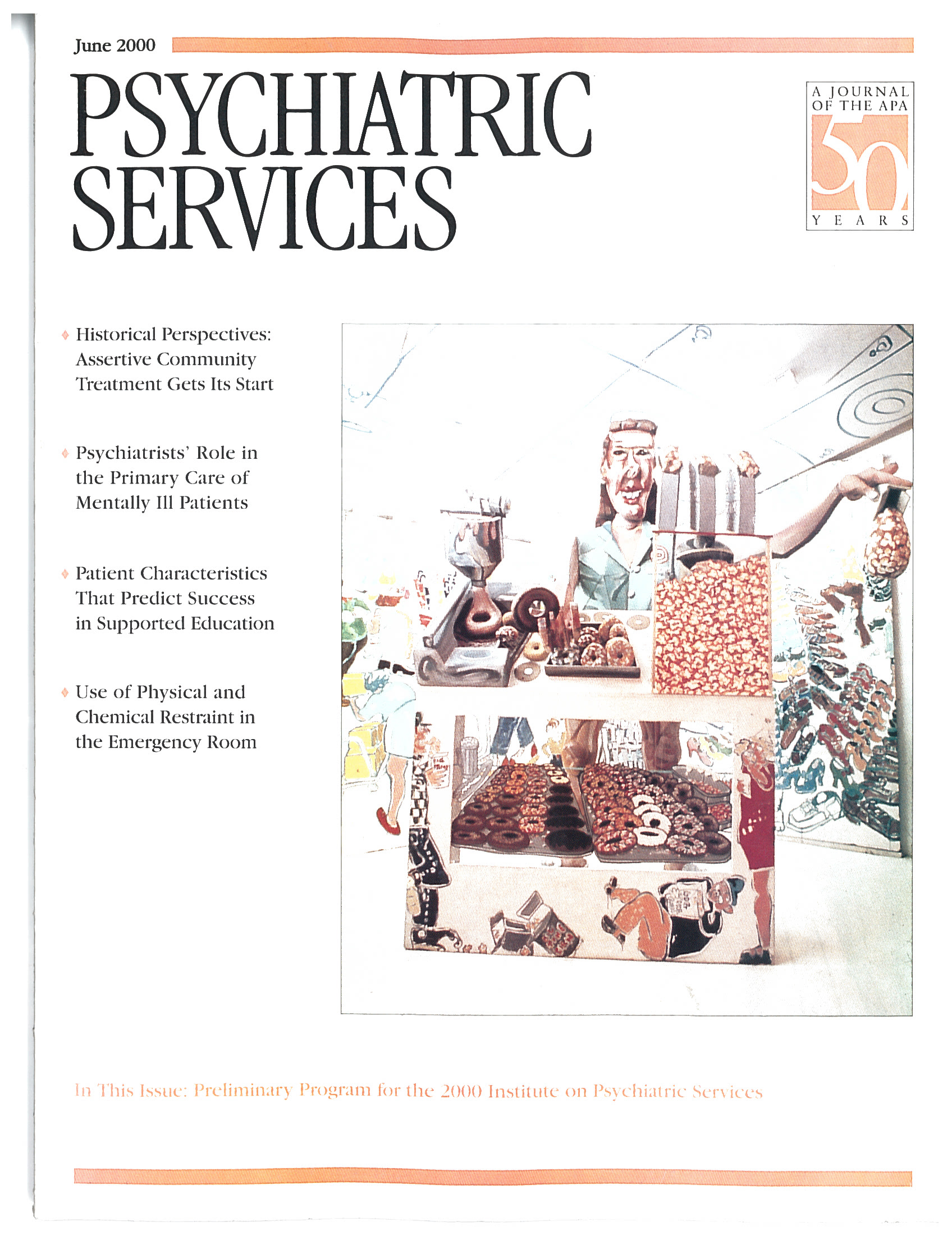In June 1981 a blood vessel in my head burst while I commuted home from work. I've been one-handed in a two-handed world ever since." Thus does the author introduce herself, the story of her recovery, and this how-to manual for others who temporarily or for a lifetime will have the use of only one hand.
In her early days at a rehabilitation hospital, Ms. Mayer had a vivid dream of being stranded alone on a desert island. It left her feeling helpless and hopeless, yet showed her the importance of "learning to manage single-handedly as though there's no one to take care of those allegedly two-handed operations." And so she has learned! With her grandfather, who lost his hand in an industrial accident, as a role model, she went about proving to herself and others that she could manage. In the process she regained her self-confidence and self-esteem.
Ms. Mayer continues by sharing her three secrets: body positioning, or reorganizing the limbs that can be used and learning how to stand in relation to a task; "four fingers and a thumb," or a hand is more than a hand; and gadgets, to be used in moderation. Following are chapters on personal care, dressing, eating, dining out, cooking, cleaning up, household chores, office work, traveling, household repairs, outside home, leisure activities, sports, and sexuality. In them she shares in step-by-step detail the techniques she has learned, from taking a shower, setting a nail, and playing tennis to relaxing in the bedroom and accepting awards. Ms. Mayer writes in a spirit of enthusiasm, encouraging her readers to have fun—and to pat themselves on the back for their accomplishments.
One-Handed in a Two-Handed World proved to be interesting reading for both of us. One of us, a psychiatrist who has the use of both hands, spent a day using the book to learn to do things with his nondominant hand. The other, a rehabilitation practitioner who lost his left arm as a teenager, learned some new techniques.
Indeed, this book appears to have value as a reference guide for people at various stages of their recovery from temporary or permanent loss of a hand or arm as well as for interested others—family members and professionals—because it is both practical and hopeful. It is focused on operations and is written in clear detail. The second edition incorporates more examples than the first, and it adds a resource and product index.
However, because individuals have different learning styles, the written word may need to be accompanied by demonstrations, such as by an occupational therapist or a significant other, to be fully understood. More illustrations of the step-by-step directions might have been helpful. Consideration should be given to developing a video demonstrating some of the four-fingers-and-a-thumb manipulations.
In her epilogue, Ms. Mayer encourages her readers to "find their own solutions." This point might also be emphasized earlier in the book; while her three secrets are critically important, there are many variations in how to apply them.
Ms. Mayer's intention is to support her readers' recovery through mastery and self-reliance. Indeed, she succeeds admirably. One might have wished that her focus also included the psychosocial dimensions, such as managing grief, frustration, and discouragement, as well as how to help others support one's recovery.
This book is written primarily for practical use by a one-handed person. However, we believe it may also be a valuable tool for mental health professionals who are trying to help people faced with this functional loss.

